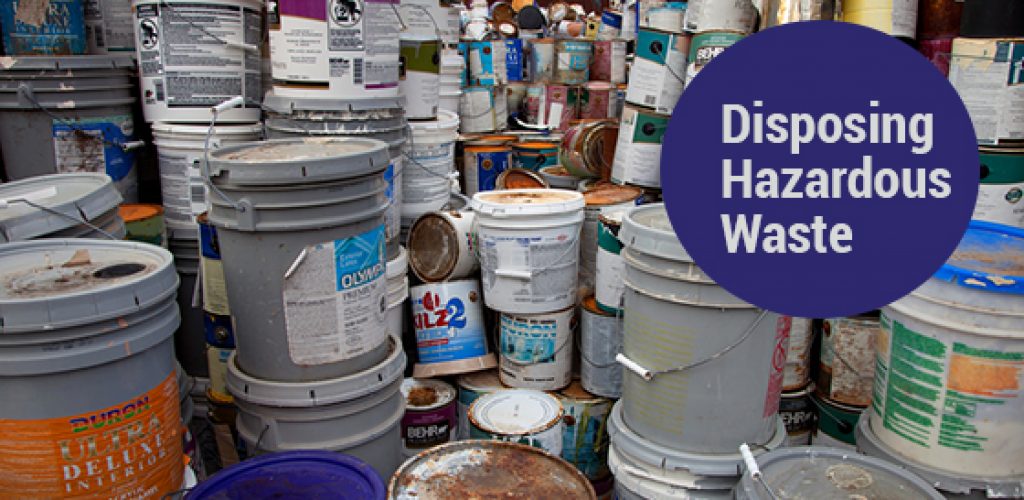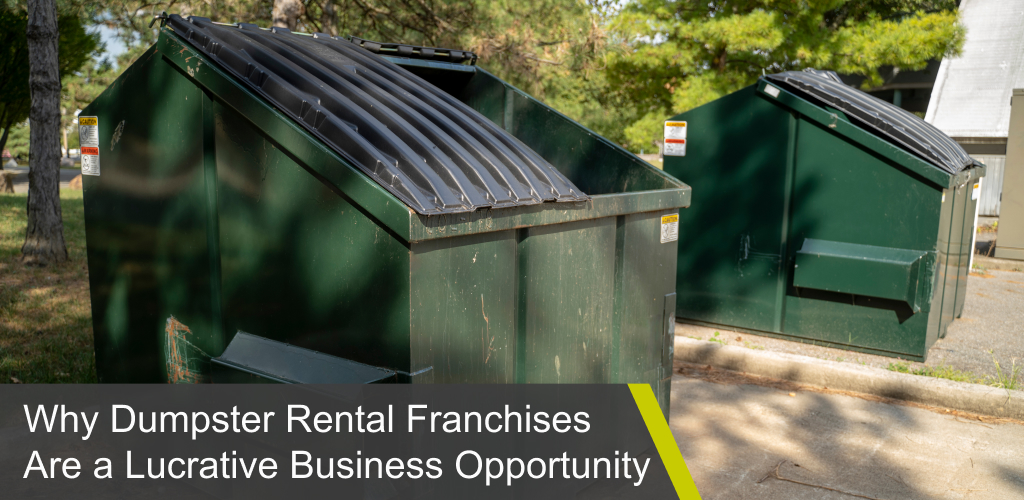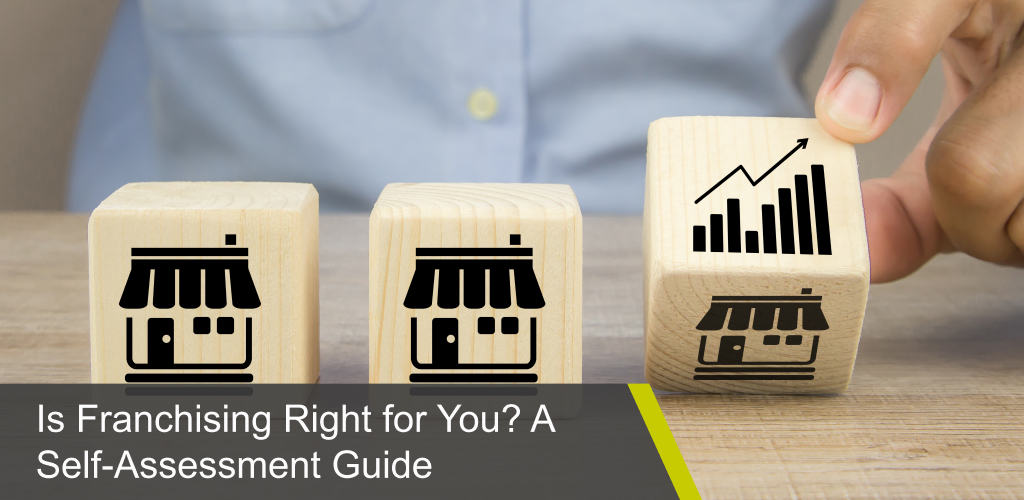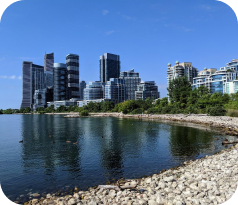How To Dispose Of Hazardous Waste

Our lifestyle produces a ton of waste that can’t go in a bin. Dumps can’t manage it, recyclers have no need for it, and if it’s in your home, it’s likely just taking up space. To make it go away, you need to find a public disposal facility, or hire a private junk removal company.
As a rule, if it is toxic, has a sealed cylinder or battery, has a cord or microchip, or is large and complex, it is probably hazardous.
Hazardous waste can be safely managed, but only by professionals with the right tools. The heavy metals that create risk can be stripped, separated, and reused in future products. Toxic chemicals can be stored in special disposal tanks, land farmed to break down safely by themselves, or destroyed in super-hot incinerators.
If you need to dispose of hazardous waste, first find out your city’s policies. Your city may have special centers that accept hazardous goods, or may have a list of recommended private recyclers.
For example, in Ottawa, the city organizes monthly pickups, where private junk removal companies set up shop in parking lots around the city and take hazardous waste off your hands. Toronto keeps permanent Household Hazardous Waste depots year-round.
If you do not have a vehicle, you can organize a trash pickup. Most scrap metal and junk removal companies offer full hazardous waste removal. They will take your junk and bring it to the appropriate recyclers.
Which kinds of waste are hazardous? More than you might think.
- Any pressurized cylinders
- Fertilizers and pesticides.
- Anything with mercury
- Tires
- Pharmaceuticals
- Paints and solvent
- All appliances
These can explode if they’re not handled right, causing a lot of problems for ordinary garbage workers. These include aerosol cans and fire extinguisher.
Fertilizers are volatile and can become explosive if buried in a landfill, while pesticides can be toxic.
Electronics, batteries, thermostats, and old light switches all are way too poisonous to go into a normal landfill.
The steel belts in tires often spring out when pushed, busting up landfill liners.
One person’s medicine is another’s poison.
These are never good to have in the groundwater.
Almost every major appliance these days has at least one hazardous component. If you can’t find a new home for them, you have to insure you’re disposing of them properly!













